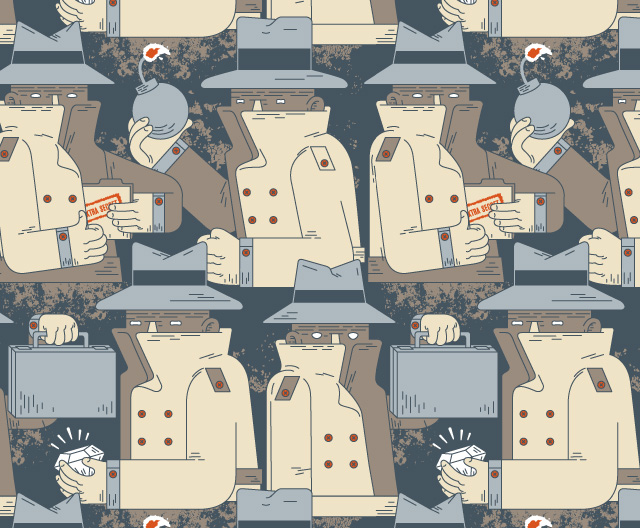Researchers have uncovered how our immune system's intelligence agents are created, meaning we could  be able retrain them to better fight disease.
be able retrain them to better fight disease.
Inside each of us is a well-drilled, highly organised army which seeks out and destroys enemies: viruses, bacteria, fungi and cancers.
So-called dendritic cells gather intelligence on infection, sensing pathogens and then presenting antigens on their surface. This instructs immune foot-soldiers, the T cells, to either attack, or stand easy.
"Most of the time, the antigen they are presenting is from the pathogen that they detected, hence their very important role in protective immune responses," explains Dr Florent Ginhoux, from Singapore's Agency for Science, Technology and Research. "However, sometimes something goes wrong and they present our own antigens, initiating immune responses against ourselves."
This friendly fire is known as 'autoimmunity' and plays a role in diseases such as lupus and rheumatoid arthritis. Being able to intercept and direct our intelligence could potentially stop this response from happening, and now we might be able to.
There are two types of dendritic cells, DC1 and DC2, which track either pathogens in the cell - intracellular - or those outside the cell - extracellular - respectively. To fight some diseases we might solely want a DC1 response; but in others it could be harmful, and vice versa. Previously, researchers knew only that these cell types developed from precursors in the bone marrow.
Now work published in Nature Immunology has gone a step further, identifying how and when they become DC1 or DC2-type cells.
"In this study we used we used state of the art single cell transcriptome analysis to reveal that lineage commitment occurs early in the bone marrow," says Ginhoux, "There are sub-populations that are imprinted to become DC1 or DC2, opening promising new avenues for therapies involving dendritic cell subset-specific targeting."
The idea is that now we know the precursor for how cells develop, we could begin to use that to control our intelligence agents, and therefore our immune armies. We can spy on the spies to see how they react to certain diseases to better understand our own responses. We can intercept and suppress the precursors that create the dendritic cells which lead to autoimmune diseases. But we could also stimulate precursors to make more of the dendritic cells that inform our T-cells to fight the infections we have.
"Knowing how to identify precursors allows you to target them, and make better strategies to give an immune response adapted to the pathogens you are battling," concludes Ginhoux.










Comments
Add a comment